21 January 2025
Imagine waking up to the gentle hum of curtains drawing back automatically, sunlight spilling into your room like honey. The aroma of a freshly brewed coffee wafts in—your coffee machine got the memo from your alarm clock. The thermostat whispers warmth into your toes, knowing last night was chilly. Sounds like a sci-fi dream, right? Well, welcome to the not-so-distant future of smart homes, where technology isn’t just an accessory—it’s an embrace.
Technology is transforming our homes into spaces that think, adapt, and respond to us. In this blog, we’ll unpack how our living spaces are evolving, what that means for our daily lives, and why smart homes are set to become the beating heart of modern living. 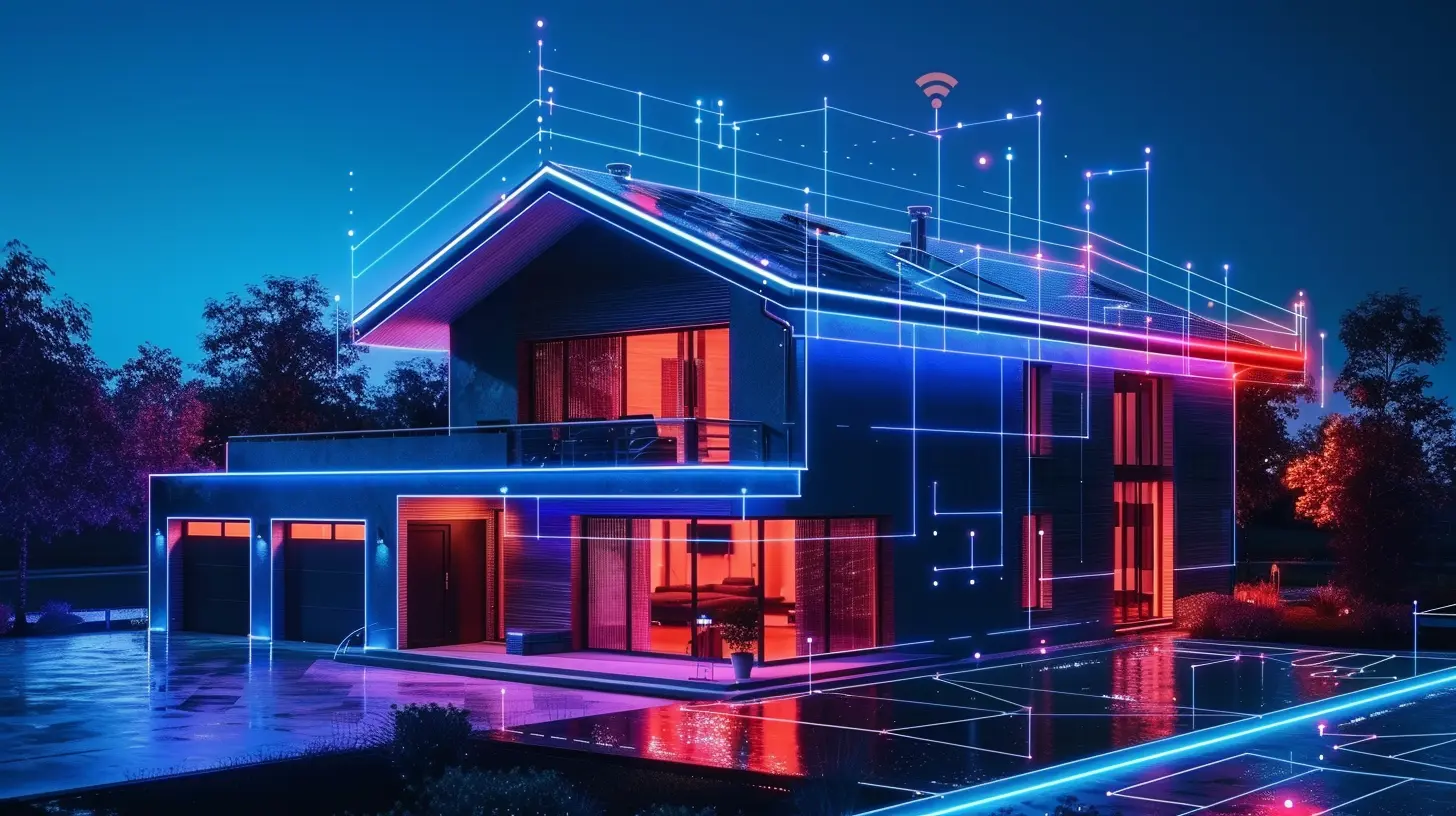
What Are Smart Homes Anyway?
Let’s start with the basics: what exactly is a smart home? Picture this—your appliances, lights, locks, cameras, and even your fridge are connected to the internet. They all work together harmoniously, like a well-oiled orchestra, to make your life easier.
Smart homes are powered by the Internet of Things (IoT), a tech term that might sound fancy but essentially means all your devices are chatting with each other over the internet. Think of it as your house whispering, "Don’t worry, I’ve got this," whether it's adjusting the lighting for movie night or locking the doors you forgot to bolt.
But is it just about convenience, or is there more to it? Oh, there’s so much more. 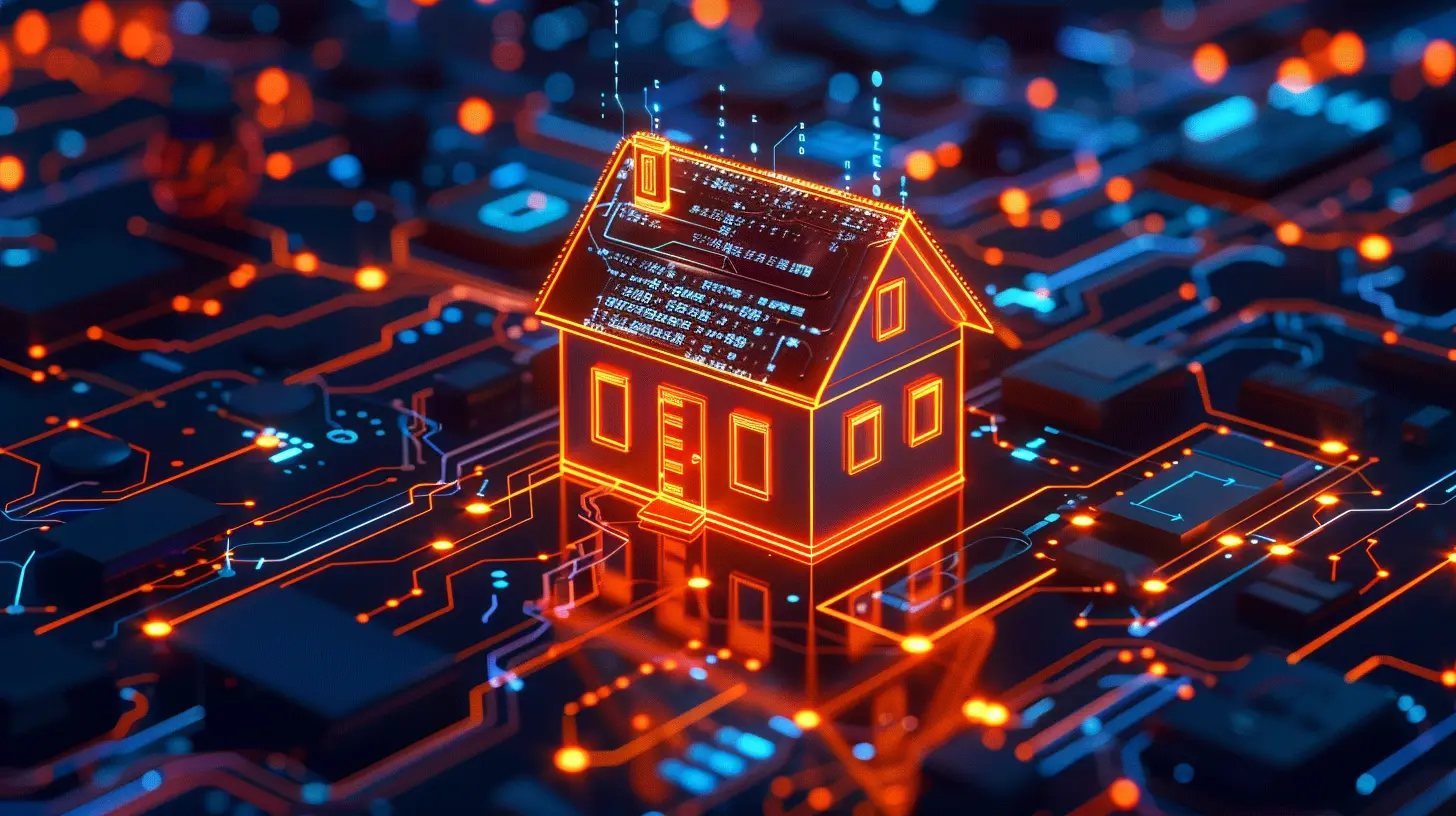
The Evolution of Home Tech: From Gadgets to Partners
Twenty years ago, if you had a voice-activated light, you were practically a wizard. Today, it’s the norm. Smart homes have evolved from piecemeal gadgets to fully integrated ecosystems.Remember when thermostats were just wall ornaments? Now, devices like Nest and Ecobee learn your preferences, adjust themselves accordingly, and save you money on energy bills. Doorbells no longer just ring—they show you who’s at the door (and sometimes even chat with them).
But here’s the kicker: smart homes aren’t just reactive; they’re proactive. Your home doesn’t just respond—it predicts. It knows that when it rains, you like the windows shut and the air purifier on. It remembers that on Fridays, you always order takeout, so it suggests your favorite pizza place at 6 PM.
It’s like your home is your teammate, your assistant, your silent-but-dependable buddy who just gets you. 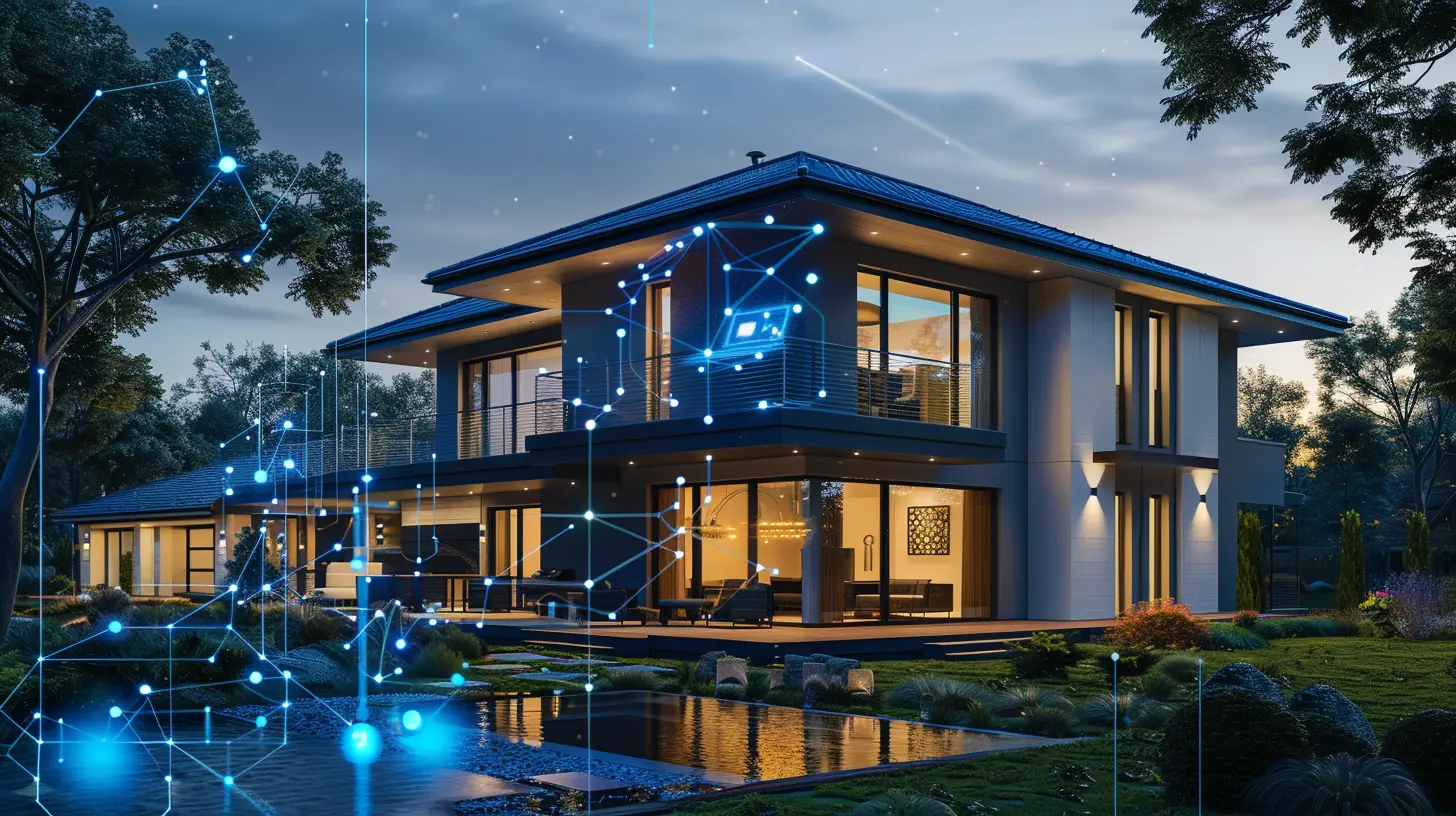
How Smart Homes Are Changing Our Lives
1. Convenience Redefined
Let’s not beat around the bush—smart homes are designed to make life easier. Forgot to turn off the lights in your living room? Tap your phone. Need to vacuum but hate doing it? Leave it to your robot vacuum.It’s like having a digital butler on call 24/7. You start to wonder how you ever lived without it.
2. Saving You Time
Time is the one thing we can’t buy more of. But smart homes? They give us some back. Anything that can be automated—watering your plants, locking your doors, pre-heating your oven—is like a gift of time from your house. Instead of juggling mundane tasks, you can finally binge that favorite show guilt-free.3. Energy Efficiency and Sustainability
Here’s a big win for both your wallet and the planet: smart homes are eco-friendly. Smart thermostats lower energy usage when no one’s home. Smart sprinklers water your garden only when it actually needs it. Lights turn off automatically the second you leave the room.Sure, it’s helping you save on bills, but more than that, it’s an active step toward reducing your carbon footprint. A smarter home is a greener home, and isn’t that the need of the hour? 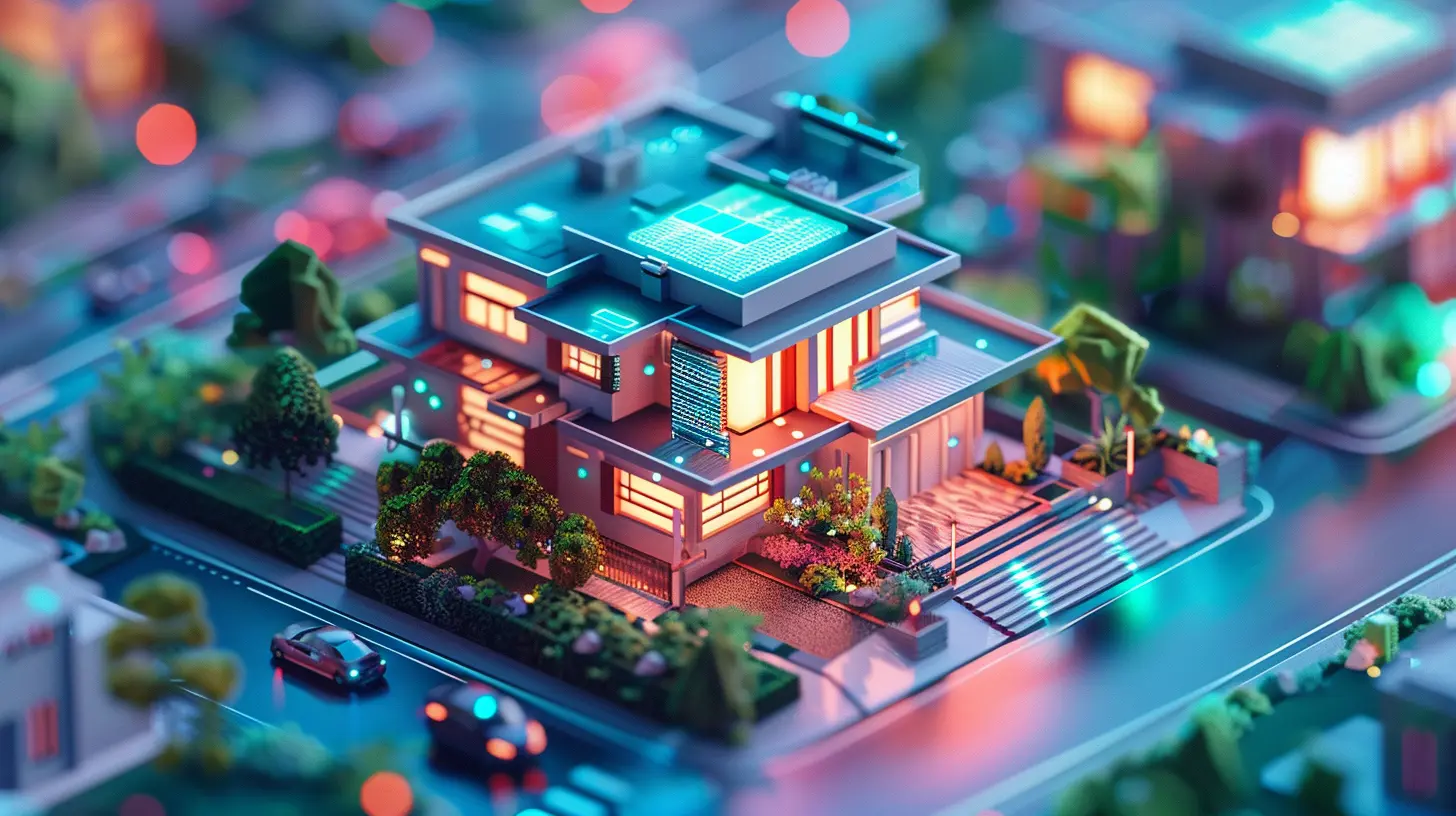
The Role of AI in Smart Homes
Let’s talk about the not-so-secret sauce in this recipe: Artificial Intelligence (AI). AI is what makes your smart home more than just a series of fancy gadgets. It’s the brains behind the operation.Take voice assistants like Alexa, Google Assistant, or Siri. Thanks to AI, they don’t just follow commands; they learn. Tell Alexa once that you like jazz music on Saturday mornings, and she’ll remember. AI is turning our homes into personalized sanctuaries, tailor-made for how we live.
And then there’s machine learning. It enables devices to get better over time. Your smart home doesn’t just work well on day one—it gets smarter, more intuitive, and more aligned with your habits the longer you use it.
Security in a Connected World
Okay, fair question: if my house is this connected, does that mean it’s also vulnerable? The short answer? Yes, but not if you’re smart about it.Smart home security is evolving as fast as the tech itself. From encrypted networks to multi-factor authentication, manufacturers are beefing up protections. And let’s be real—having a smart security system is already a huge plus. Your cameras, motion sensors, and video doorbells collectively create a fortress around your home.
Will there always be risks? Sure, but the benefits often outweigh the concerns, especially when you take basic precautions (like, please don’t name your Wi-Fi network "123456").
What’s Next? A Peek Into the Future
We’ve seen a lot already, but the future? Oh, it’s going to blow your socks off.Imagine augmented reality merging with smart homes. You put on AR glasses and see a live feed of your energy usage, or a hologram of your fridge’s contents while grocery shopping.
Looking further ahead, think about homes that can repair themselves. A smart home of the future wouldn’t just warn you about a leaky pipe—it might deploy a robot to fix it before you even know there's a problem.
The integration of 5G promises lightning-fast responses. Waiting for your smart devices to sync will be a thing of the past. Homes will act in real-time, making their intelligence feel like magic.
The Human Side of Smart Homes
Here’s the thing, though—smart homes aren’t just about wires, gadgets, and algorithms. They’re about us. They’re about transforming the way we connect with our spaces and each other.It’s not hard to imagine a future where smart homes help us live healthier, happier lives. A home that reminds you to hydrate. A bathroom mirror that spots early signs of health issues and nudges you to see a doctor.
Technology, for all its bells and whistles, is ultimately about humanity. It’s about making our lives better, one connected lightbulb at a time.
The Bottom Line
The future of smart homes is thrilling, no doubt. It’s a blend of convenience, sustainability, and innovation that’s reshaping not just how we live, but how we feel about our homes.Are there challenges? Sure. Is it perfect? Not yet. But one thing’s certain—smart homes aren’t a passing trend. They’re the future. And in that future, our homes won’t just shelter us; they’ll understand us.

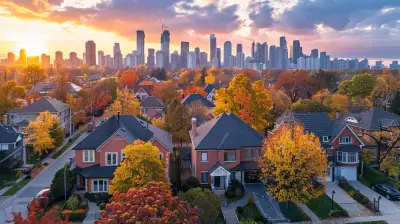

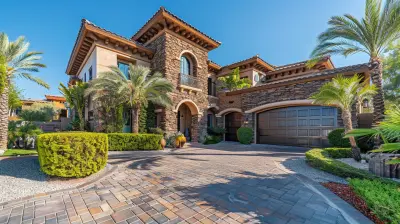
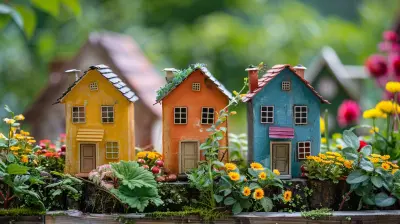

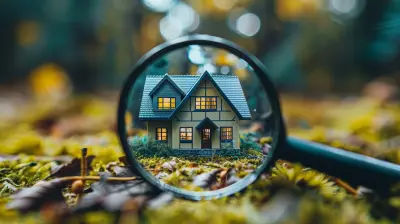
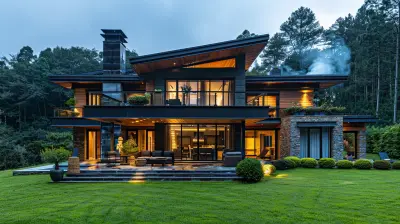

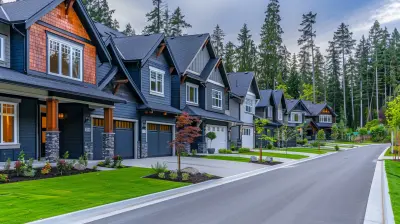

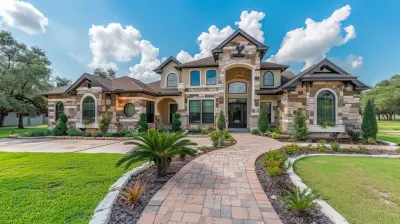
Yvonne Henderson
What innovations in smart home tech are you most excited about? Will they redefine our lifestyles?
March 31, 2025 at 8:16 PM